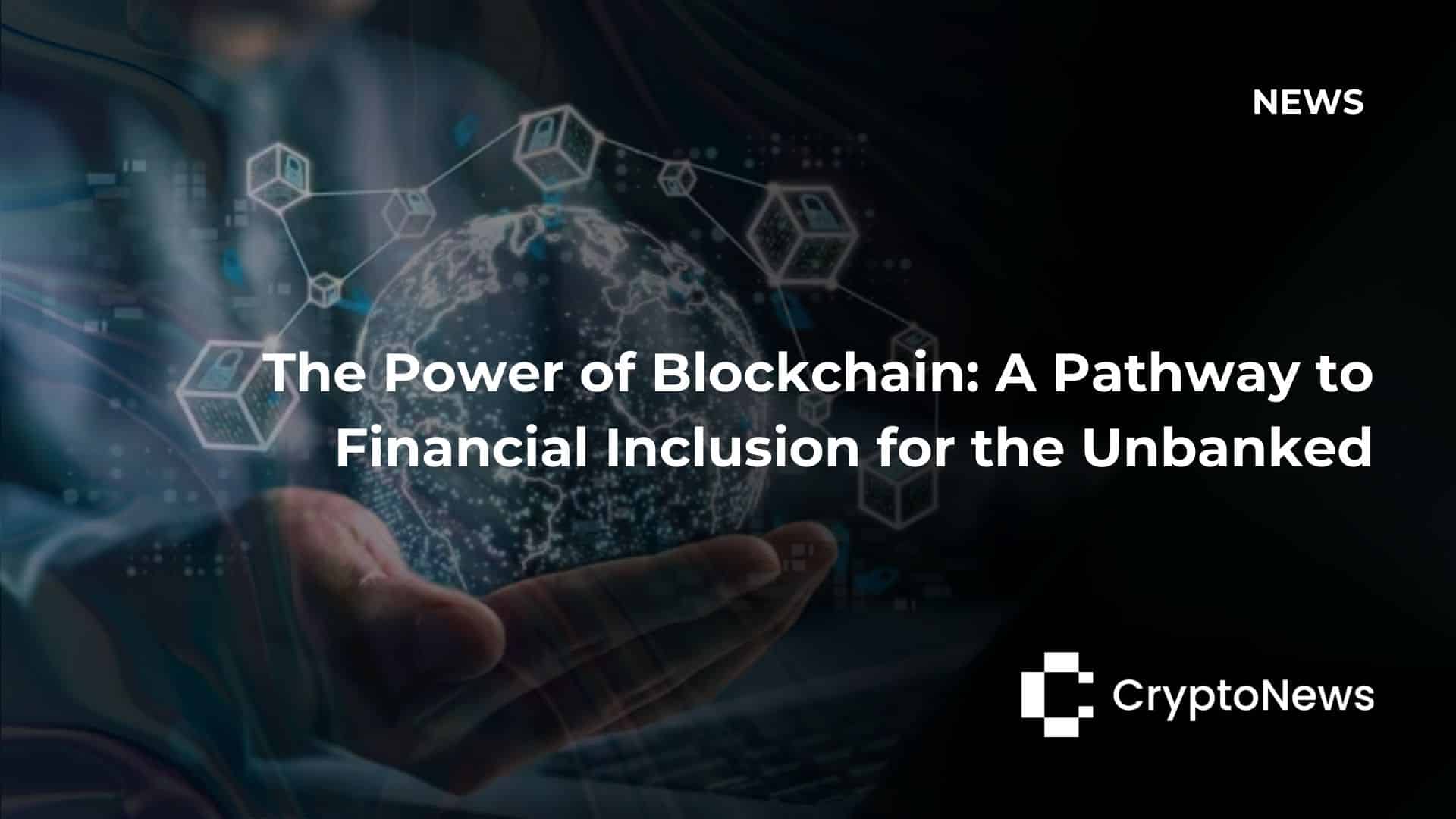
Decentralized finance (DeFi) is growing as a powerful solution for addressing the financial exclusion of low-income and unbanked populations. With over two billion people worldwide unable to access basic banking services, DeFi offers a way to bring financial opportunities to those who have traditionally been left behind.
By leveraging blockchain technology, DeFi removes intermediaries like banks and enables individuals to access services such as lending, borrowing, and saving more inclusively and securely.
The Financial Exclusion Problem
Traditional finance has long been inaccessible to many low-income individuals. High fees, strict requirements for account opening, and a lack of affordable credit options make it difficult for these populations to participate in the financial system.
In many regions, especially those with unstable economies, the unbanked face financial exclusion and deep distrust in financial institutions that fail to serve their needs.
DeFi provides an alternative using blockchain networks that remove centralized intermediaries, allowing people to engage in financial transactions directly. This system offers a more inclusive model, accessible to anyone with internet connectivity, regardless of their financial background.
How DeFi Works
At the core of DeFi is blockchain technology, which enables decentralized financial transactions through smart contracts. Smart contracts automatically execute transactions when predefined conditions are met, ensuring transparency and reducing the risk of fraud. By eliminating the need for banks and financial intermediaries, DeFi reduces costs and increases the speed of transactions.
DeFi platforms offer various financial services, including loans, savings accounts, investment opportunities, and insurance. These services are available to anyone with internet access, making them accessible to populations excluded from traditional banking systems due to lack of credit history, high fees, or geographic barriers.
The Role of Toronet in Financial Inclusion
A leading example of DeFi’s potential to empower underserved communities is Toronet, a blockchain platform designed specifically for financial inclusion.
Toronet addresses the challenges low-income populations face in emerging markets, particularly in African regions.
By offering decentralized finance tools, Toronet enables users to access a wide range of financial services, including stablecoins in multiple currencies (USD, EUR, NGN, ZAR, and others), low-fee microtransactions, and seamless fiat-to-crypto conversion through payment gateways.
Launched in August 2022, Toronet has already integrated with 26 active real-world asset projects, helping to stimulate economic growth and improve access to financial services. The platform’s use of blockchain technology ensures secure transactions, and its focus on low-fee, scalable solutions makes it a practical option for individuals traditionally excluded from the financial system.
Toronet’s decentralized apps (DApps) and stablecoins enable users to store and transfer funds securely, manage loans, and invest in previously reserved ways for wealthier individuals.
Toronet’s community-driven approach, backed by its governance token TOROG, ensures that the platform remains accessible and equitable, allowing global users to participate in decentralized financial services.
DeFi and Opportunities for Low-Income Populations
DeFi is about providing basic banking services and creating investment opportunities that were once limited to the wealthy. Platforms like Aave and Compound allow users to lend their cryptocurrency in exchange for interest, offering better returns than traditional banks.
Yield farming, a practice of earning interest by staking crypto assets on decentralized protocols also provides additional opportunities for low-income individuals to grow their wealth.
One of the key features of DeFi is the ability to offer micro-loans and peer-to-peer lending without requiring collateral or a formal credit score. This is particularly valuable in low-income communities, where access to credit is often limited.
Additionally, DeFi’s permissionless nature allows anyone with internet access to participate, opening up financial opportunities to people in underserved regions.
The Future of DeFi Blockchain in Financial Inclusion
The future of DeFi is bright, especially as blockchain technology continues to evolve. The rise of decentralized finance is helping to reshape financial services by offering alternatives that are more inclusive and accessible to all, regardless of income or location.
With projects like Toronet driving financial inclusion in emerging markets, DeFi has the potential to revolutionize access to financial services for low-income and unbanked populations.